
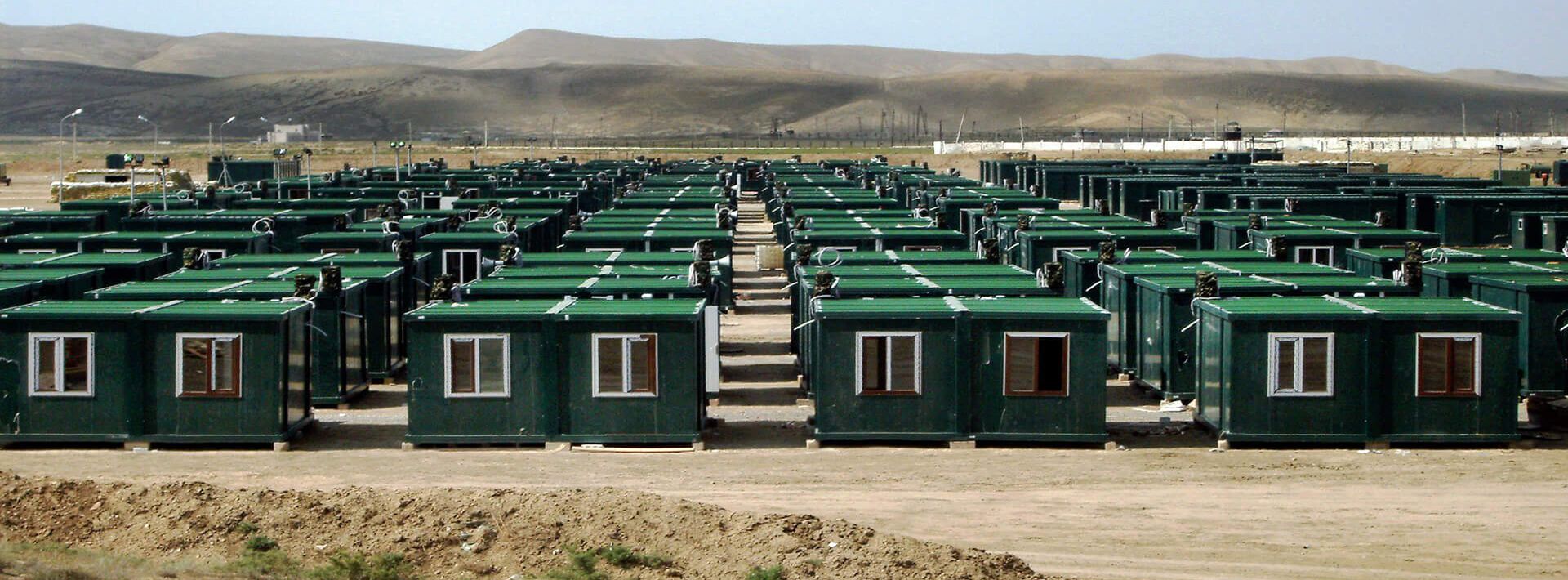
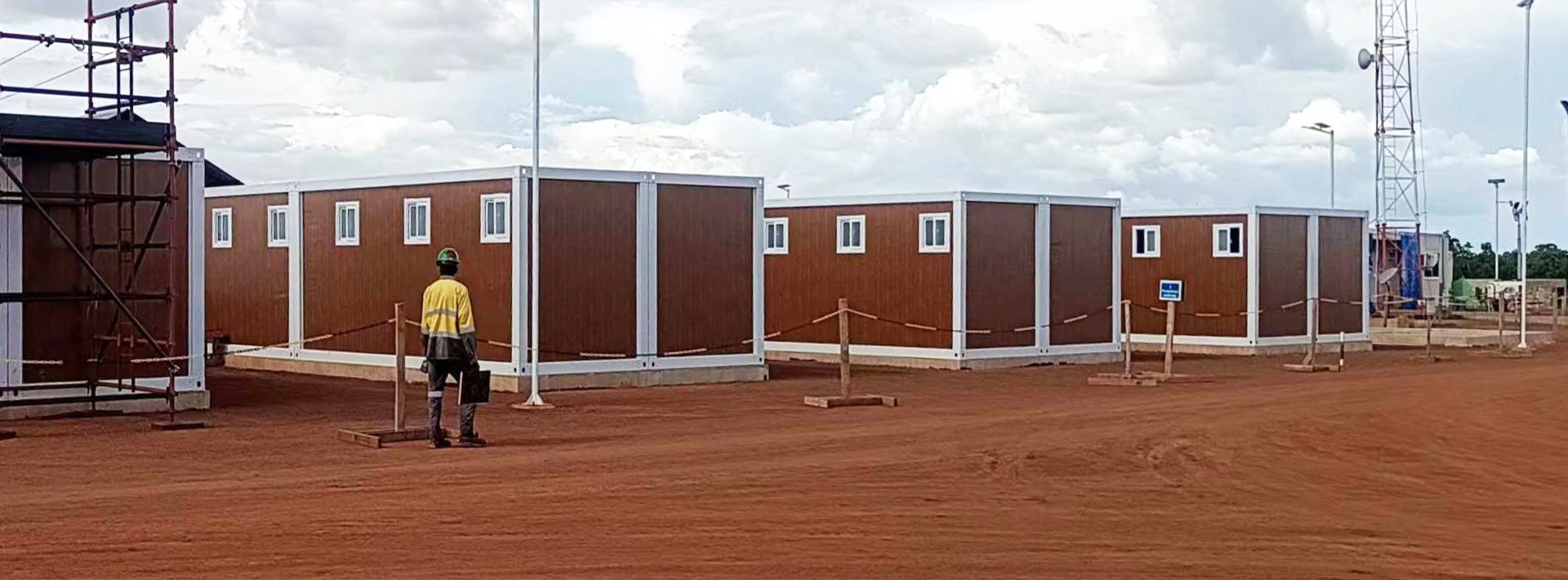
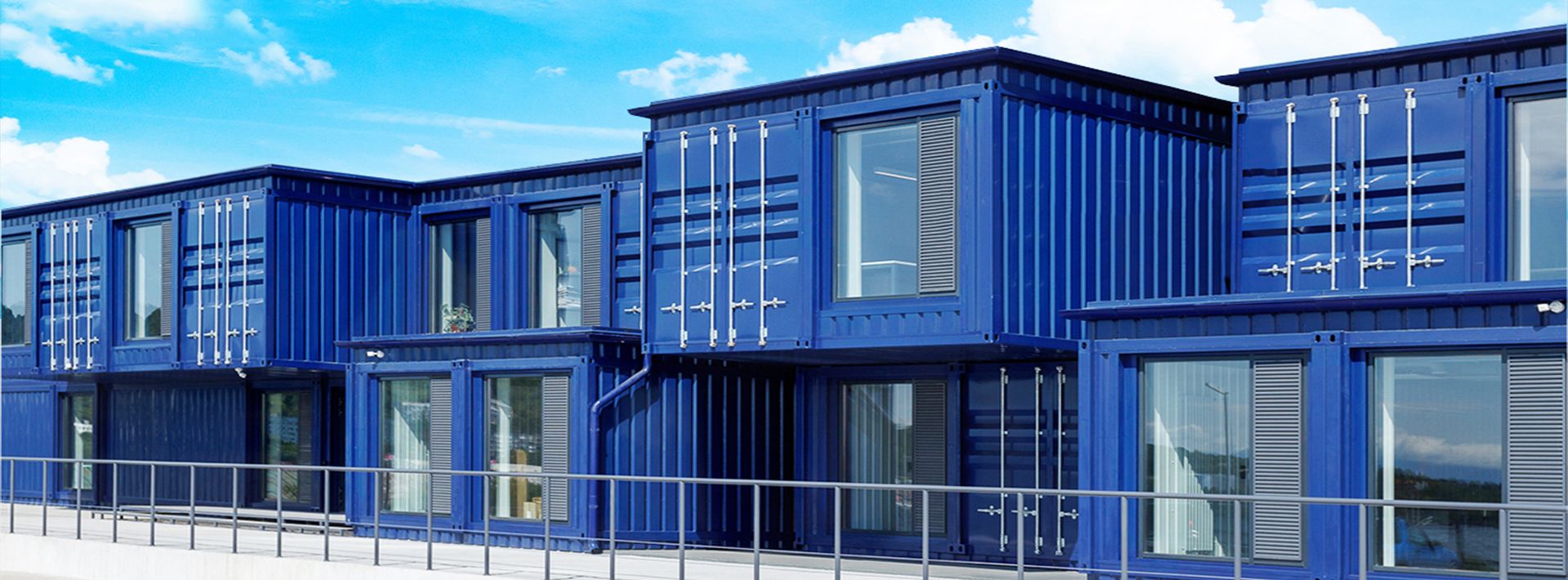
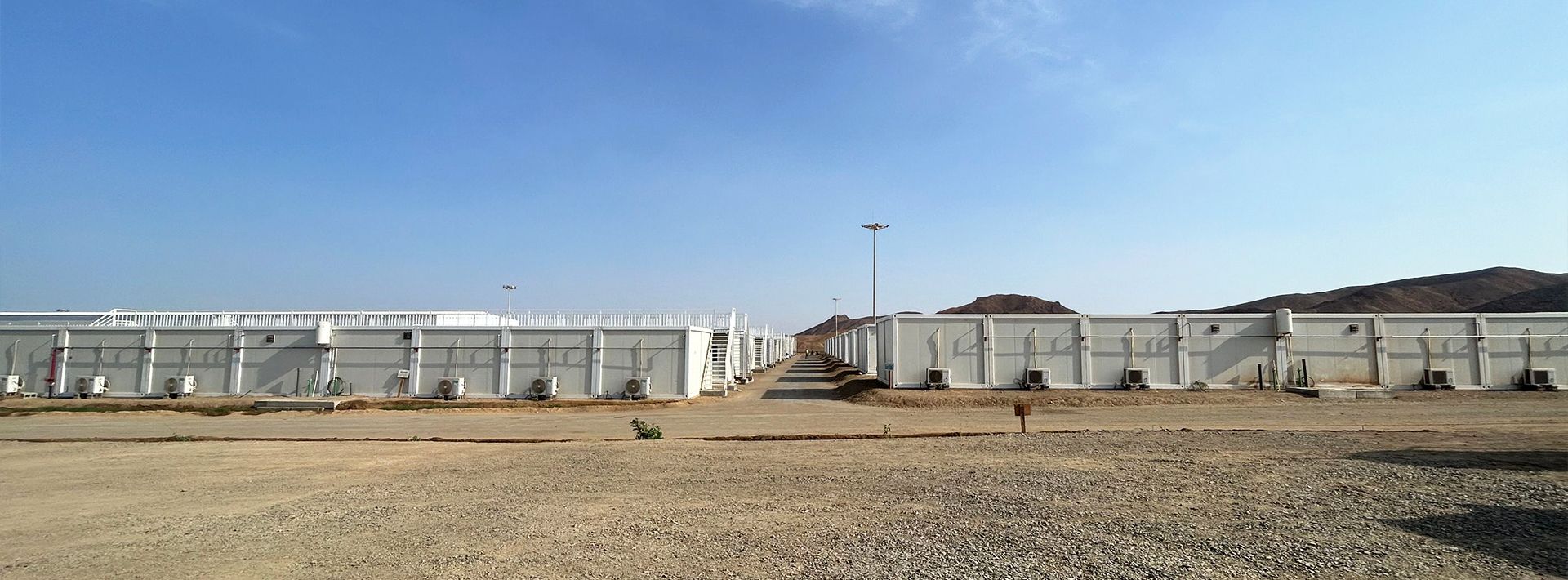
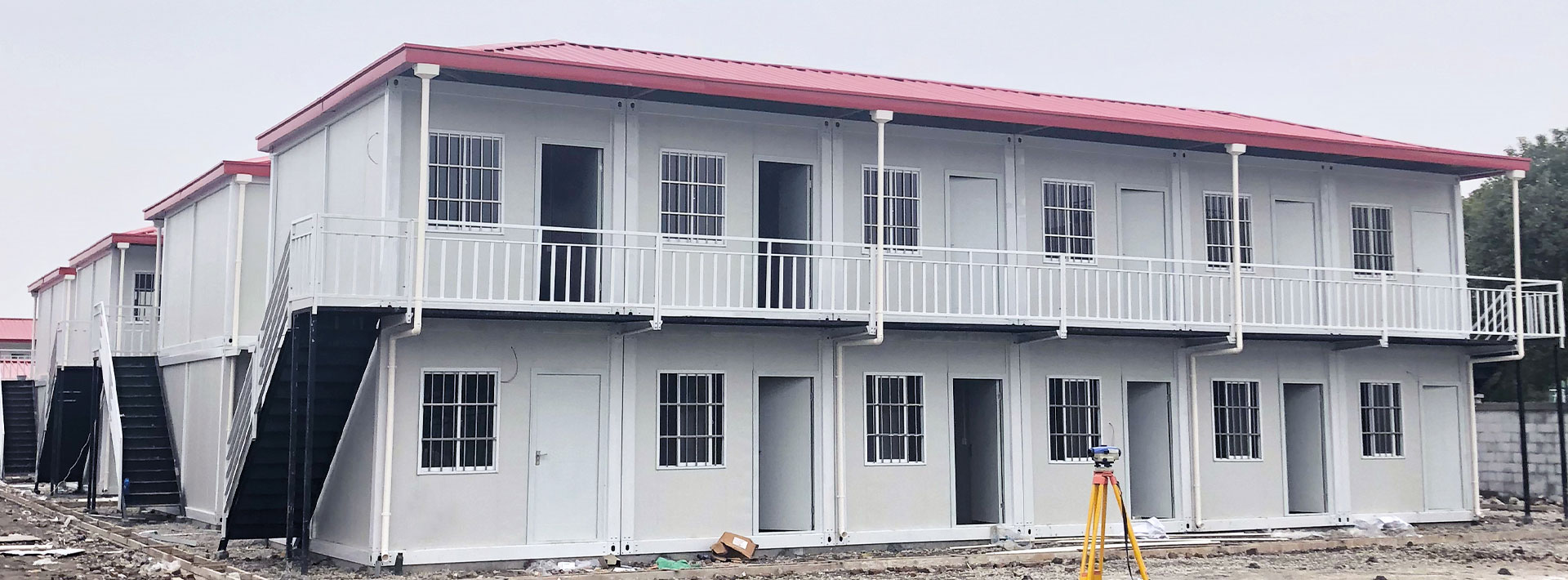

Military Containers Camp
Learn More


Mining Camp
Learn More


Construction Camp
Learn More


Refugee Camp
Learn More


Customized Camp
Learn More

Choose us for innovative, reliable, and sustainable container solutions tailored to your global needs.
About Us-

Customized Design
-

Full Lifecycle Service
-

Innovative Technology
-

Manufacturing Strength
We collaborate with trusted partners worldwide to deliver integrated container solutions that meet the diverse needs of our global clients.
How can we help you?
Reach out to us now for professional guidance, and top-notch service designed to your container project.

ZN House Showcases Cutting-Edge Container Solutions at The Big 5 2025
February 10, 2025

ZN House in The Big 5: Exploring New Horizons of Innovative Containerized Solutions
November 29, 2024

Antai EMBA Alumni Visit Zhongnan
November 11, 2024
Free Consultation
Start Your Personalized Gift Journey
Provide personalized gift customization services, whether it is personal or corporate needs, we can tailor for you. Feel free to contact us for a free consultation!
- English
- Françai
- Español
- Deutsch
- Română
- العربية
- 한국어
- 日本語
- Italiano
- Português
- Gaeilge
- Dansk
- Čeština
- Русский
- Afrikaans
- Euskara
- Català
- Esperanto
- हिन्दी
- Ελληνικά
- Bahasa Melayu
- Polski
- Српски
- Kiswahili
- ภาษาไทย
- Tiếng Việt
- Türkçe
- Svenska
- Cymraeg
- Slovenčina
- Latviešu
- Malti
- Magyar
- Galego
- ગુજરાતી
- Eesti Keel
- বাংলা
- Shqip
- беларуская мова
- Nederlands
- Tagalog
- ქართული
- Íslenska
- Kreyòl Ayisyen
- Lietuvių
- Norsk
- slovenščina
- தமிழ்
- Українська
- ײִדיש
- اردو
- తెలుగు
- فارسی
- македонски
- ಕನ್ನಡ
- Bahasa Indonesia
- עברית
- Suomi
- Hrvatski
- Български
- Azerbaijani









